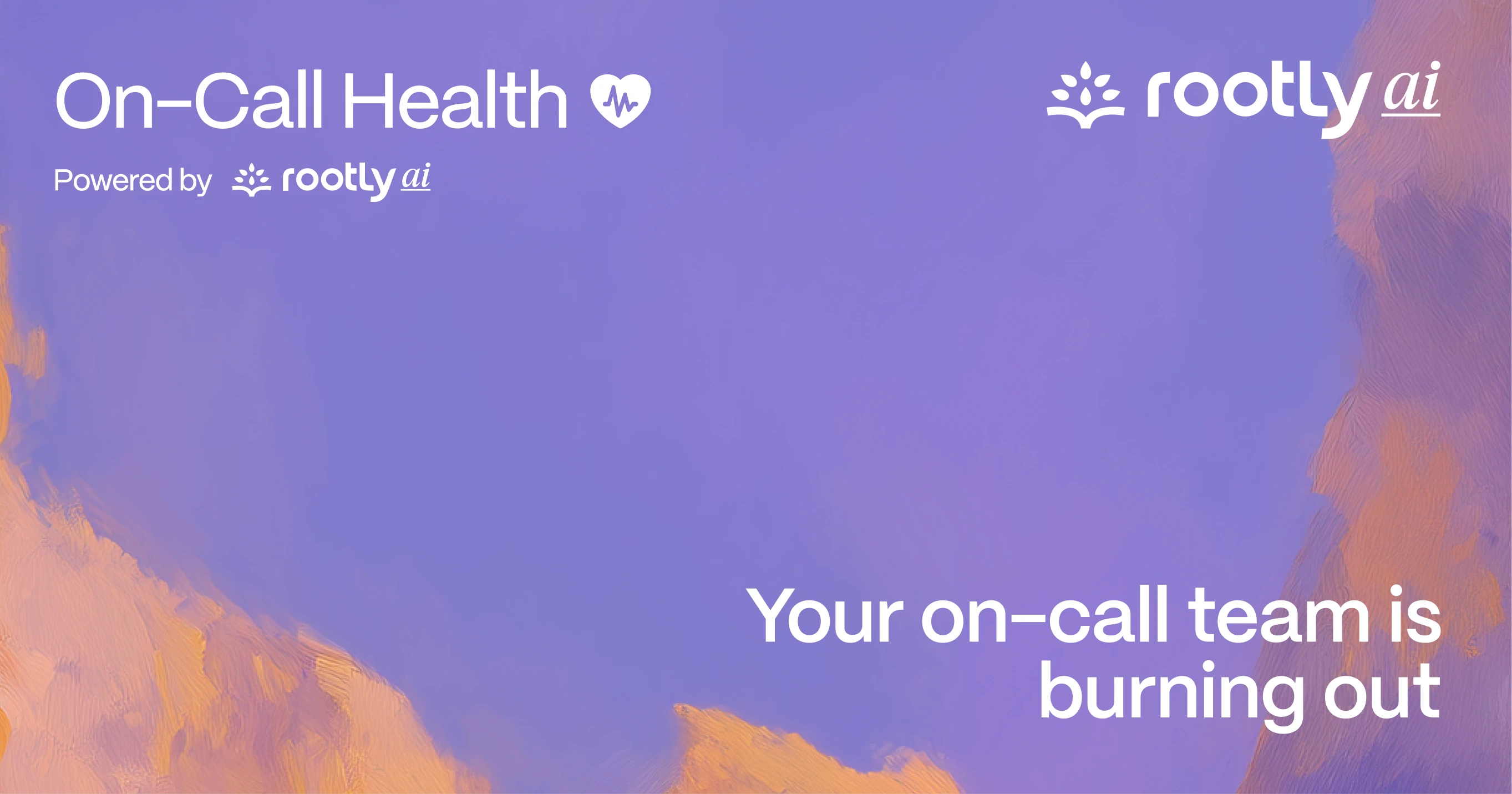🪄 Rootly Retrospectives
Rootly Retrospectives are configurable, customizable processes that allow you to define right-sized retrospectives based on severity, type, or teams involved in an incident. We created this feature with a few things in mind:
- A retrospective is more than just a doc. It’s everything that takes place after an incident to surface and implement crucial post-incident learnings to improve your organization’s resiliency. With Rootly Retrospectives, you’re guided through the entire process. No guesswork.
- When it comes to retros, one size doesn’t fit all. You can define and store multiple retrospective processes, which will be triggered based on pre-specified conditions, like the type, severity, or team owning the incident. You can also set conditions to automatically skip the retro (e.g. low severity or internal incidents), or to make the retro mandatory (e.g. critical, security, or customer-facing incidents).
- Accountability and consistency is key. What good are action items that never get done? With Rootly Retrospectives, you can see all your action items in one place, including their progress, due date, and owner.
- Retrospective data matters. Get high-level data at your fingertips about the health of your post-incident learning process. In the Retrospectives Index page, you’ll see how many incidents currently have overdue or incomplete retro steps, and the average time it takes you to complete the retrospective process. All of these are displayed against a 30-day rolling comparison, so you know whether you’re on the right track.
Check out this video demo for a tour of our Retrospectives features:
How it works:
- Start with our pre-configured Default retrospective or create your own. This process will be automatically prompted when you resolve an incident.
- Your retrospective doc and timeline will be created automatically in Rootly and the additional tool(s) of your choice (Notion, Confluence, Google Docs, etc.) You can manage and edit your doc templates under Configuration > Retrospectives.
- Create additional processes in Configuration > Retrospectives. Set the conditions for when you want the process to be used, and add/remove/edit steps as you see fit.
- Set criteria for when you want to auto-skip retrospectives or make them mandatory.
- When you resolve an incident, you’ll be automatically prompted to follow the appropriate retrospective process based on the incident's severity, team, or type.
- You can see a bird’s eye view of all of your open retrospectives and their associated steps in the Retrospectives Index (accessed by clicking “Retrospectives” in the left-hand navigation menu.) You can bulk edit and filter these.
🌝 New & Improved
🆕 Added message threading option for Get Pulses - Deploys & Changes workflow action. Now Pulses auto retrieved by workflows can be threaded under a parent message within an incident channel.
💅 Incident summary inputs via web UI now support rich text format.
💅 Action item summary field can now support URLs and hyperlinks.
💅 Backfilled incidents now have immediate access to the retrospectives tab. Teams no longer have to manually flip-flop the incident status to force a change to the Resolved state.
🐛 Updated incorrect webhook endpoint for Jira On-Prem integration.
🐛 Fixed the inability to create status page template for scheduled maintenances.












